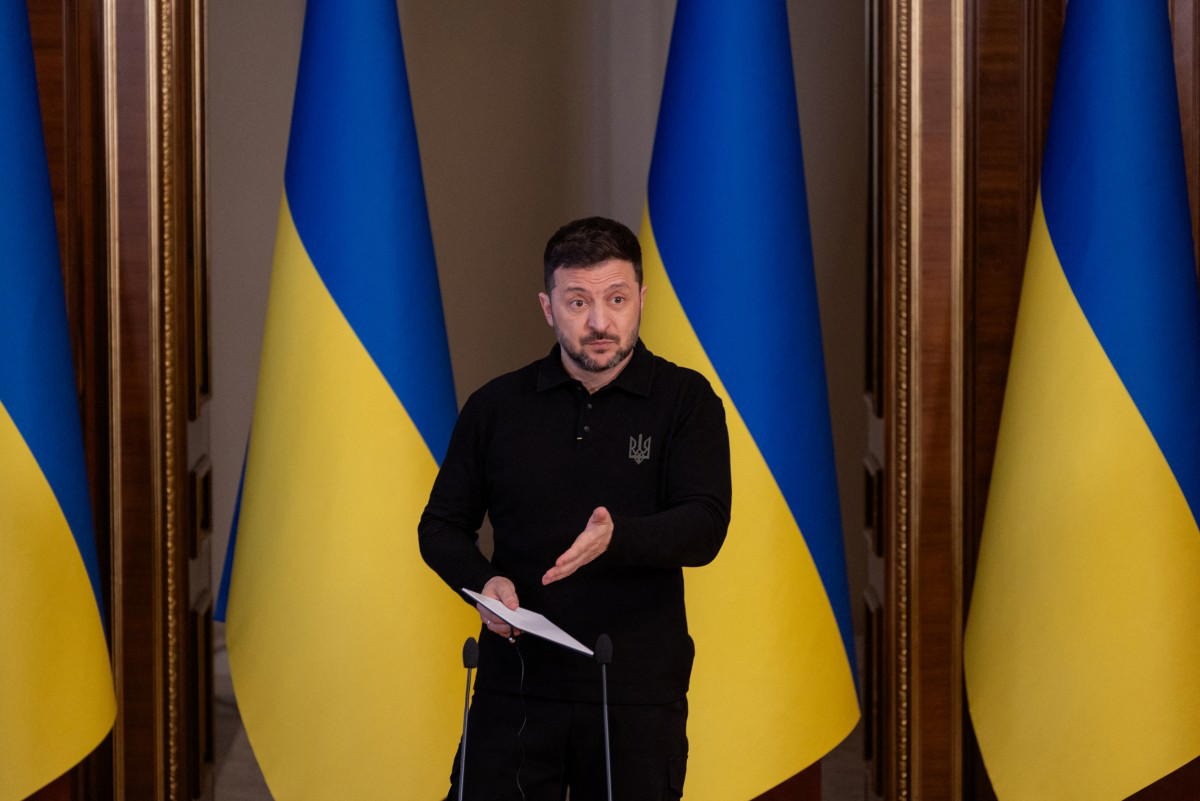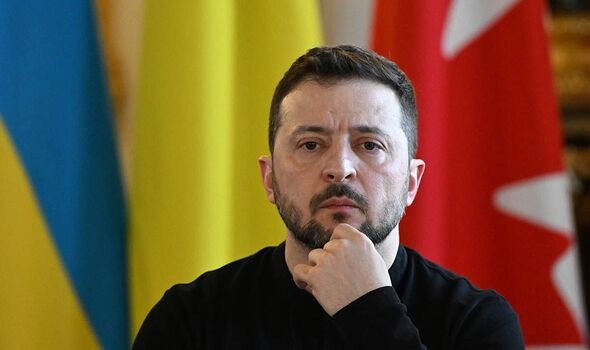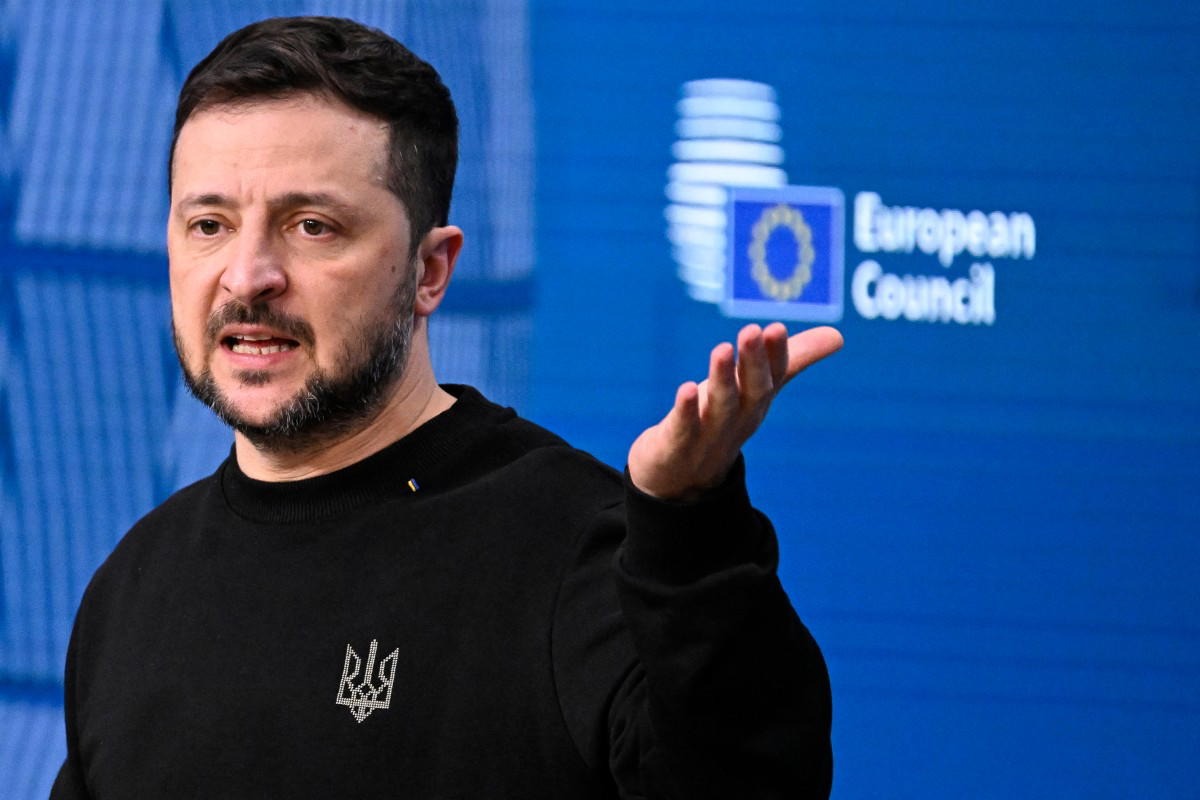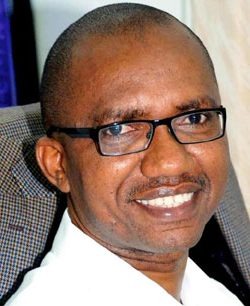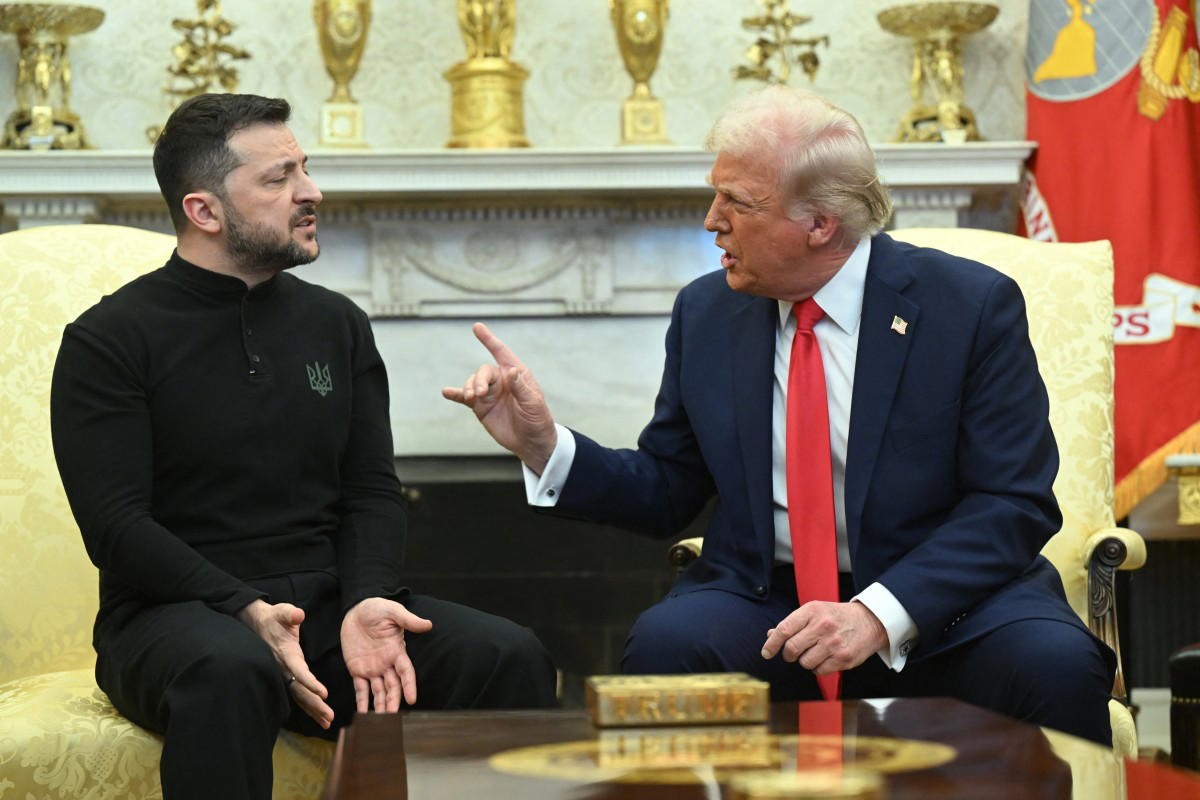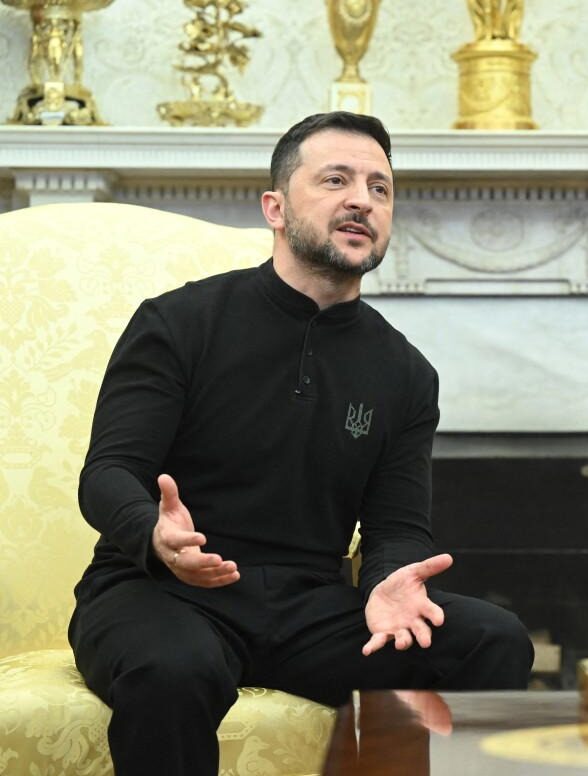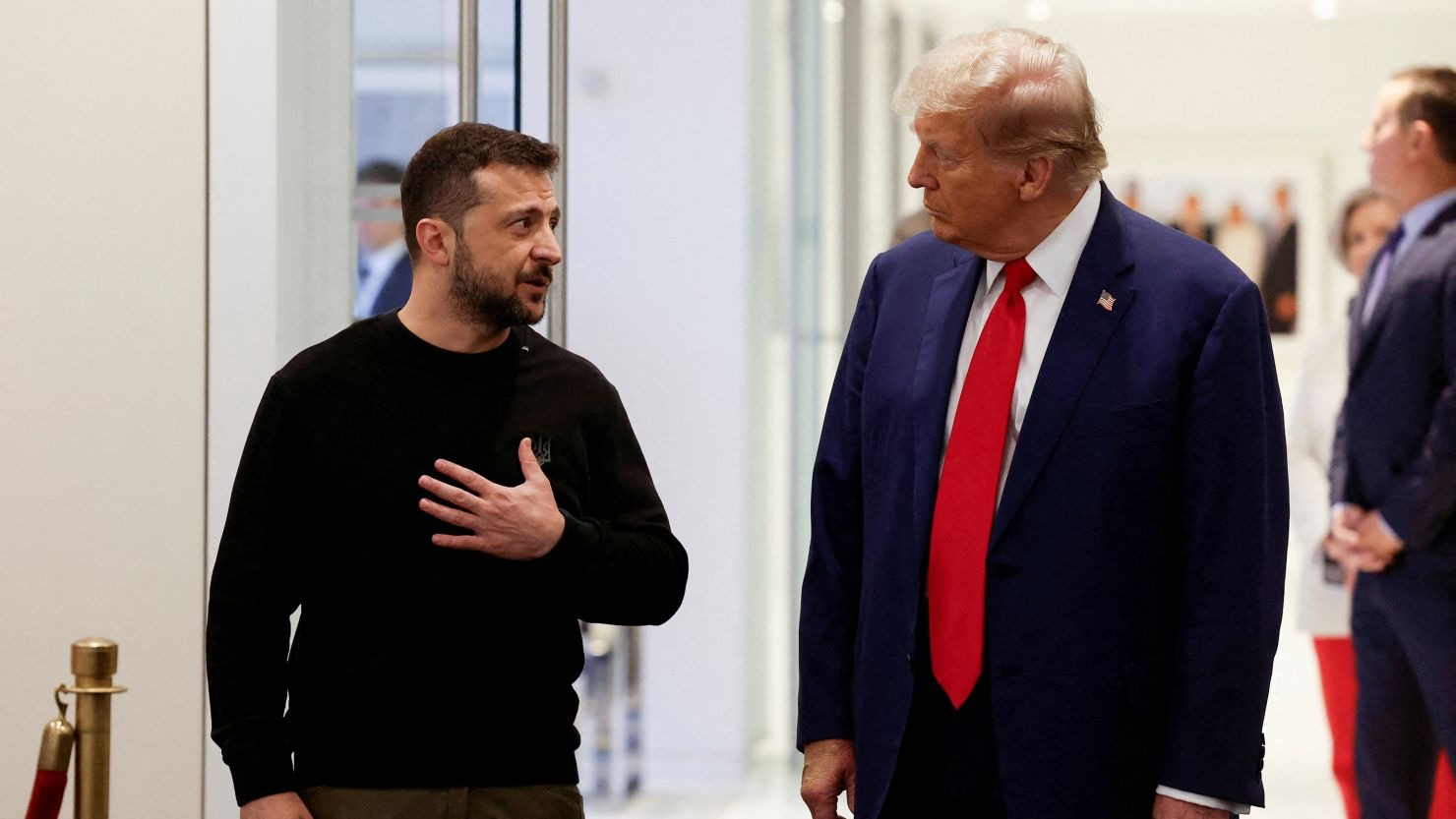US President Donald Trump said Thursday that Washington could quit talks to end the Ukraine war within days unless there is rapid progress from Moscow and Kyiv. The warning confirmed a sudden change of US messaging, with Secretary of State Marco Rubio earlier saying in Paris that the United States would “move on” if peace …
